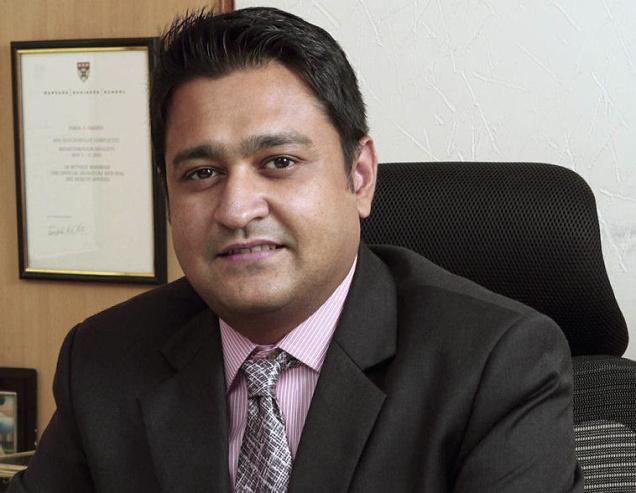Fund houses are also looking at getting more inflows through distributors. Quantum MF, for instance, said that it will now start paying distributors to sell its funds

Over this month, Quantum Mutual Fund, revealed a roadmap to cut its expense ratio as its asset size increases. When its flagship Long Term Equity Fund was launched in 2006, it charged an expense ratio of 2.25 per cent (gross of tax). Over the years, this has come down to 1.25 per cent (gross of tax or 1.09 per cent net of tax). Its current assets under management in this fund is at ₹ 658 crore.
Quantum's roadmap says this will come down to 1 per cent (net of tax) when assets cross the ₹ 2,000-crore mark and will then progressively fall by 5 basis points for every additional ₹ 2,000 crore of AUM. Expense ratios will also be reduced on the liquid fund, the dynamic bond fund and the gold fund.
Effective from January 1, the fund house PPFAS also reduced the total expense ratio chargeable on its sole fund, the Parag Parikh Long Term Value Fund, by 20 basis points, to 1.80 per cent a year for the direct plan and to 2.30 per cent a year for the regular plan (exclusive of service tax). Its AUM stood at ₹ 676 crore at the end of last year.
Staying competitive
Neil Parag Parikh, CEO, PPFAS Mutual Fund, said the cut in expense ratios was part of its move to "stay competitive with larger fund houses and not just to attract inflows. A good 90 per cent of our business is direct, investors don't come through distributors. Other fund houses have lower expense ratios. Our endeavour is to bring down the expense ratios as and when it's viable for us. At ₹ 1,000 crore, we hope to get to 1.5 per cent and in between, we want to bring it down by by 5-10 basis points where possible."
Both fund houses are also looking at getting more inflows through distributors. Quantum, for instance, also said that it will now start paying distributors to sell its funds, where till now it had refused to pay commissions.
Distributor fee
Jimmy Patel, CEO, Quantum Mutual Fund, said this is to bring more transparency for investors. "Now, SEBI has introduced industry standards on commission disclosures. The account statement we send is after the transaction is completed (after the investor has put his/her money in). SEBI is saying that all mutual funds now have to disclose at the time of transaction how much they are paying the distributor. With this transparency coming in, we thought it's about time to start paying distributors. That's why we decided to roll out the regular plan from April 1.
A CEO of a rival fund told BusinessLine that both fund houses were unique in their business models. "PPFAS moved its portfolio management investors to the mutual fund while Quantum has been operating on the direct plan business model. I think they are different from the generic mutual funds. They are only paying token commissions and if they wanted to gather assets, they would have done this a while back. But I don't think investors can expect other fund houses to follow suit."
The original article could be seen here.